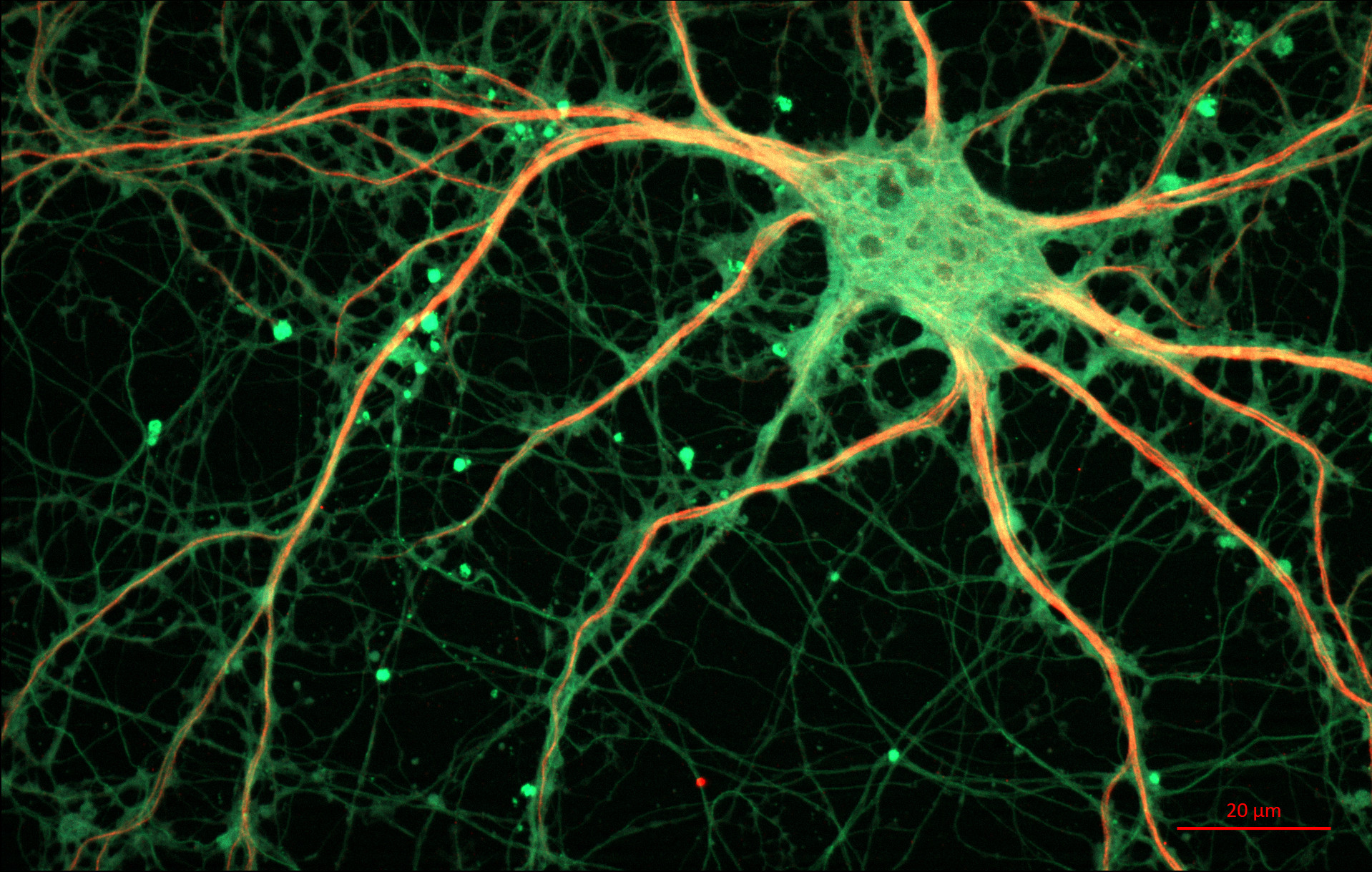News
Two newly discovered compounds could lead to revolutionary treatments

Source: Wikimedia Commons/ZEISS Microscopy
The discovery two compounds could form the basis for a future traumatic brain injury treatment, according to a 10-year-long study published in the journal Neurobiology of Disease.
“I think that this opens up a whole new way of thinking,” said lead author Bonnie Firestein, professor of cell biology and neuroscience at Rutgers University. “Because, if you want to help somebody who’s had a traumatic brain injury, not only do you want to spare their neurons, you want to make sure that their brain is connected properly.”
Much of the most serious damage related to a traumatic brain injury occurs in the period directly following the injury, not during the initial incident. This is because the brain releases a number of proteins and chemicals after the incident, in an attempt to begin the healing process and stop inflammation. One of these proteins is a neurotransmitter called glutamate.
“Under normal circumstances, a little bit of glutamate is really good,” she said. “The problem is, if you have too much of this glutamate released, it starts killing off your nerve cells.”
Nerve cells, also known as neurons, are in charge of transferring information within the brain. This is why they are sometimes called the “circuits” of the brain. Unfortunately, in large amounts, glutamate destroys neurons and the connections between them.
The brain, however, does have a defense against this type of damage. A compound called cypin can mitigate significant amounts of glutamate-related damage, but not enough to counter the waves of glutamate after TBI.
“When you have more of this compound cypin, these cells are more resistant to being killed by glutamate,” Firestein said. “So the question is, can we somehow activate this protein?”
The answer, it turns out, may be yes.
To test this concept, the team began evaluating a number of different compounds to see if any were able to directly activate cypin.
The researchers identified two compounds, which Firestein called “activators”, that can counteract damage caused by glutamate.
“And we found that, in the cells that were treated with the activators, these neurons not only survived, but they also had the correct electrical properties,” she said.
Taking this a step further, the team administered the two compounds to mice with brain injury. According to the report, the mice showed improved memory and learning.
Firestein says the team will next try to develop these two compounds into a medicine that can be tested on humans. If proven safe and effective, it could be a potential breakthrough in treating the symptoms immediately following a TBI.
“My hope is that by studying these compounds and studying how to reconnect the brain and keep the brain functioning, it would then feed into other areas of this person’s life,” she said. “They’re happier, they’re functioning better, they’re moving better, they don’t have as many negative sensations. Because the ultimate goal is not just to have better learning and memory, it’s to have a fuller life.”



